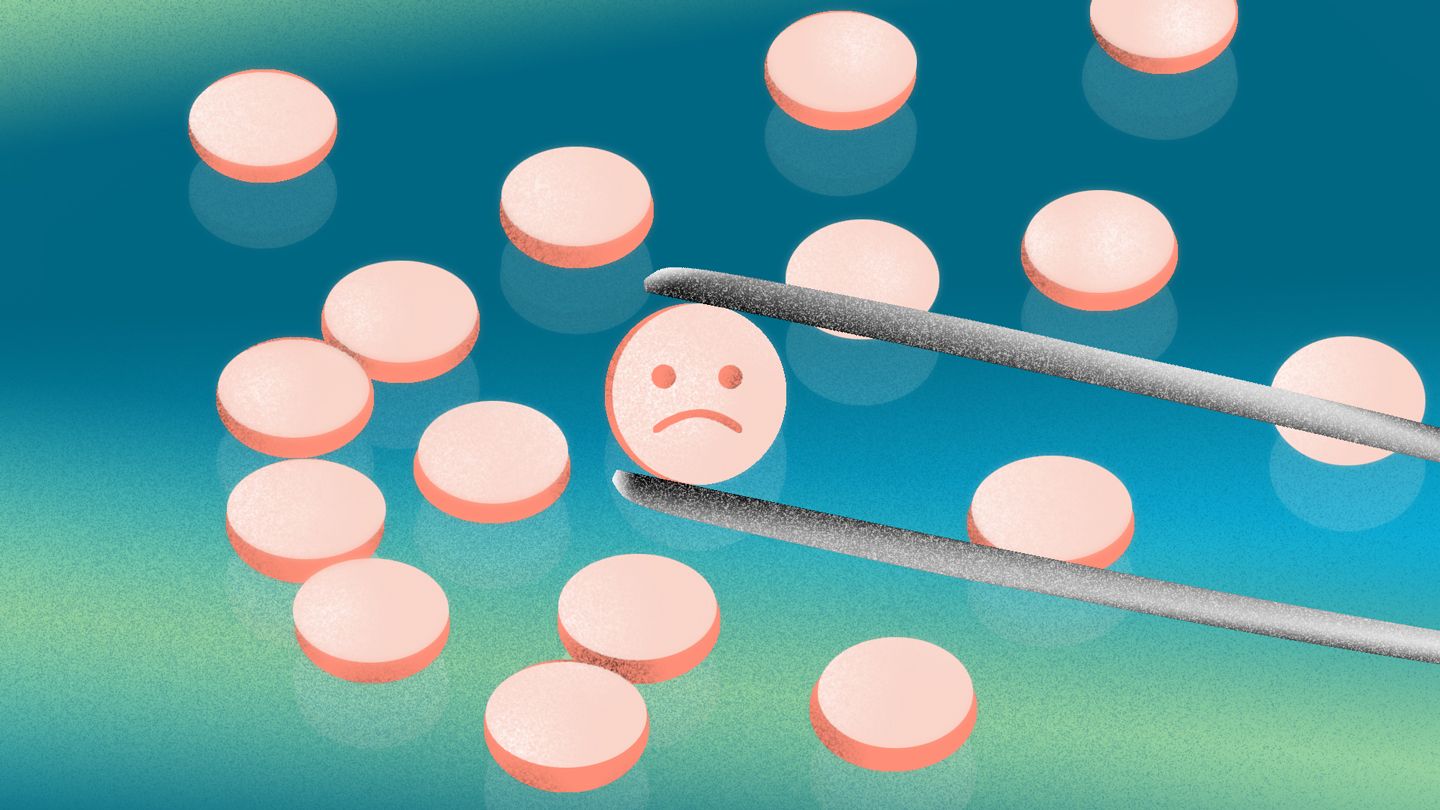Understanding Wayne Brady's Cancer Diagnosis
In 2022, well-known comedian and TV personality Wayne Brady revealed that he had been diagnosed with an aggressive form of prostate cancer. His candid admission served to underscore that cancer can impact anyone, even famous celebrities who seemingly have access to the best healthcare.
Wayne Brady's Background
Wayne Brady became a household name as a regular on the improvisational comedy series "Whose Line Is It Anyway?" in the late 90s. His quick wit and singing skills made him a fan favorite. He later hosted his own talk show "The Wayne Brady Show" for two seasons. Over the years, Brady has starred on Broadway, hosted game shows, and made guest appearances on numerous TV programs.
The Initial Cancer Diagnosis
In 2022 at age 50, Brady shared that he had been diagnosed the previous year with a form of prostate cancer called adenocarcinoma. He described it as an "aggressive" form of cancer. Brady had gone for a yearly physical in late 2021 when his doctor discovered his prostate-specific antigen (PSA) levels were high. Further testing confirmed that there were tumors on his prostate.
Understandably, Brady said that he was initially shocked when he heard the word "cancer." As someone who considered himself fairly healthy with no family history, he did not think he was at risk. However, male gender and increasing age are two of the most significant risk factors. Black men like Brady also tend to develop prostate cancer earlier and suffer more aggressive forms of the disease.
Deciding on a Treatment Plan
After receiving the sobering diagnosis, Brady educated himself about the available treatment options. For prostate cancer, decisions have to be made whether to have surgery, undergo radiation, try hormone therapy, or some combination of those. There are benefits and downsides to each approach.
In consultation with his doctors at the Virginia Urology Men's Health Center, Brady opted to have his prostate surgically removed. He understood that the procedure carried risks of common side effects like urinary incontinence and erectile dysfunction. Still, Brady felt surgery gave him the best chance for long-term survival since his cancer seemed aggressive.
Recovery After Surgery
In late 2022, Brady provided updates about how he was recovering following prostate cancer surgery. In an interview on the talk show "Good Morning America," Brady said the surgery successfully removed his entire prostate gland along with surrounding tissue. Post-operation, his PSA levels were nearly undetectable - a very reassuring sign.
However, like many men after prostate removal, Brady did report dealing with urinary and sexual side effects. He has to wear protective pads regularly now. His doctors say it could take two years or more for continence to fully return. Brady also has experienced erectile dysfunction but remains hopeful those issues will resolve in time as well.
Life After Prostate Cancer
Going through prostate cancer treatment has deeply impacted Wayne Brady's outlook. He says his sense of masculinity took a hit after the surgery. Brady also worries more about the wellbeing of his daughter and wants men to learn about health risks earlier than he did.
Dealing With the Emotional Impact
Having his prostate removed forced Brady to confront how closely feelings of masculinity can be tied to sexual function for men. Following surgery, he worked hard in therapy sessions to separate those things in his mind. Brady wants other men to remember that needing pads or erectile aids does not make them any less masculine.
Brady also admits to feelings of depression and anxiety post-operation. His cancer battle made him profoundly aware of his mortality. Maintaining his mental health is just as much a priority now as his physical wellness. Brady hopes speaking openly might encourage more men to get prostate exams or be willing to talk about their emotions.
Outlook Going Forward
While Wayne Brady says he has good days and bad days in cancer recovery, he largely feels grateful. Grateful that annual screening caught his prostate cancer when it was still potentially curable. Grateful that he had access to first-rate healthcare guidance and options.
And Brady wants to leverage his fame to educate and advocate. He partnered with the American Urological Association on a public awareness campaign about prostate cancer risks entitled "Know Your Numbers." Brady plans to continue using his platform and share his personal journey so that men take charge of their health instead of avoiding the doctor.
Early detection and treatment provide the best odds for defeating prostate cancer. Thanks to a routine physical, Wayne Brady received life-saving news and intervention. Brady won't let his cancer define him, but it has given him a new mission moving forward - helping more men get essential checkups and screenings.
FAQs
What type of cancer did Wayne Brady have?
Wayne Brady was diagnosed with prostate cancer, specifically a form called adenocarcinoma that he said was "aggressive." Prostate cancer is one of the most common types of cancer in men.
How did Brady choose to treat his prostate cancer?
After considering different treatment options like radiation and hormone therapy, Wayne Brady opted to undergo surgery to fully remove his prostate gland and surrounding cancerous tissue.
How is Brady's recovery going post-surgery?
Brady has experienced common side effects like urinary incontinence and erectile dysfunction. He has to wear protective pads and strugging with depression as well. But his doctors are optimistic that over time his symptoms will improve.
What is Wayne Brady doing now regarding prostate cancer?
Brady has partnered with the American Urological Association to raise public awareness about prostate cancer risks. He openly shares his personal journey to encourage men, especially in higher risk groups, to get regular health checkups and screening.
Disclaimer: This article is for informational purposes only and does not constitute medical advice. Always consult with a healthcare professional before starting any new treatment regimen.
Related Coverage
Cleaning a messy home when you feel lazy or depressed can seem impossible. But living in clutter can worsen mental health. Break cleaning down into managable mini-tasks, set timers, outsource help when needed....
Up to 20% suffer winter blues or seasonal affective disorder when sunlight decreases. Discover proactive steps to boost mood, energy, and mental health during cold months....
Walk-in clinics cannot appropriately evaluate or prescribe medications for anxiety disorders. Learn why it's essential to instead see specialists for accurate diagnoses and safe treatment....
Learn about major depressive disorder, including symptoms, risk factors, causes, treatment options like therapy and medication, and tips for coping with depression....
Depression can make basic hygiene like showering challenging. Implement schedules, self-care rituals, and other strategies to overcome obstacles and feel refreshed....
When someone you care about has depression, thoughtful gifts like self-care items, useful tools to simplify daily tasks, and mood-boosting activities can provide comfort and joy....
Examining ashwagandha's effects on emotions, including evidence for mood stabilization, risk of emotional blunting, safety considerations, and how it compares to antidepressants....
Lexapro can take 4-6 weeks to work fully, but initial effects may show in 1-2 weeks. Signs it's working well include improved mood, less anxiety, better sleep and concentration....
If you want to live alone but are struggling financially, here are practical tips for reducing expenses, earning more income, and setting realistic expectations to make it work....
Having trouble getting out of bed each morning? Learn the reasons why rising can be so difficult such as lack of sleep or depression and get practical tips to make it easier....








